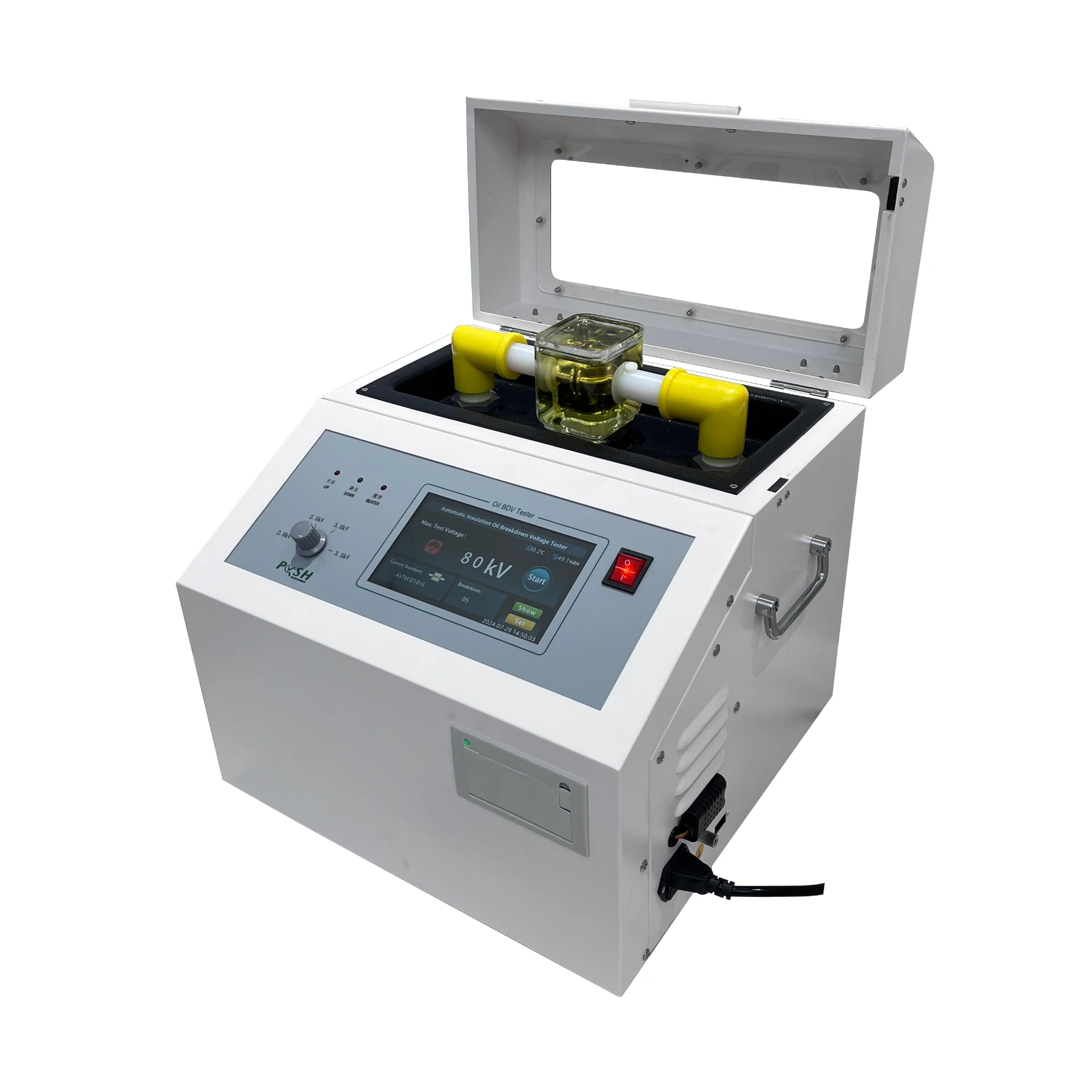 English
English


Laboratory Techniques for Efficient Distillation Unit Design and Operation
The Importance and Functionality of Distillation Units in Laboratory Settings
Distillation is a fundamental technique widely utilized in chemistry and various industrial applications, serving to separate components in mixtures based on differences in their boiling points. Distillation units, or apparatus used for this purpose, play a crucial role in laboratory settings, enabling researchers and scientists to purify liquids, concentrate solutions, and analyze substances.
Understanding Distillation
Distillation involves heating a liquid mixture to create vapor and then cooling that vapor to produce a liquid. This process exploits the principle that different substances will evaporate at different temperatures. By carefully controlling the heating and cooling stages, one can selectively separate a desired component from a mixture. This technique is invaluable in industries such as petrochemicals, pharmaceuticals, and food processing, as well as in various research domains.
Types of Distillation Units
Laboratory distillation units come in various forms, each suited to specific types of separation tasks. The most common types include
1. Simple Distillation Apparatus This is the most basic distillation setup consisting of a heat source, distillation flask, condenser, and receiving flask. It's typically used for purifying liquids with significantly different boiling points.
2. Fractional Distillation Units When dealing with mixtures of liquids that have closer boiling points, fractional distillation is employed. This unit contains a fractionating column, which allows for multiple vaporization-condensation cycles, enhancing the separation efficiency. It is crucial in the petrochemical industry to separate different hydrocarbons.
3. Steam Distillation Units Often used for extracting essential oils from plant materials, steam distillation utilizes steam to help carry volatile compounds from the plant material, minimizing thermal decomposition.
4. Vacuum Distillation Units In cases where sensitive substances may decompose or react at high temperatures, vacuum distillation reduces the boiling point by lowering the pressure. This is especially useful in organic chemistry and when handling thermally sensitive materials.
5. Rotary Evaporators Commonly known as rotovaps, these devices combine rotary motion with reduced pressure to efficiently evaporate solvents from samples. They are widely used in laboratories for concentration and separation tasks.
distillation unit in laboratory

Applications of Distillation Units
Distillation units are used in a variety of laboratory applications, showcasing their versatility
- Purification Researchers often need to obtain pure substances from mixtures. Distillation is a straightforward method to separate solvents from solutes or to remove impurities from liquids.
- Synthesis In organic chemistry synthesis, distillation can isolate reaction products from residual reactants and byproducts, helping to identify and characterize new compounds.
- Quality Control In fields like pharmaceuticals and food science, distillation is employed to verify the purity of substances and ensure that they meet regulatory standards.
- Hazardous Waste Management Distillation is also utilized in managing hazardous waste, separating recoverable solvents from contaminated materials, which can then be disposed of safely or reused.
Challenges and Considerations
Despite its advantages, distillation also poses challenges. Achieving high purity levels requires careful control of temperature and pressure, and distillation can be time-consuming. Additionally, it may not be suitable for all types of mixtures, particularly those with azeotropes—mixtures that have constant boiling points and cannot be separated by simple distillation.
Moreover, the design and scale of the distillation unit must be tailored to the specific needs of the laboratory, considering factors such as the volume of material to be processed, space constraints, and the required level of purity.
Conclusion
In conclusion, distillation units are essential instruments in laboratories across various scientific disciplines. By enabling the effective separation of components based on their boiling points, these units facilitate purification, synthesis, and analysis processes that are foundational to research and industry. As technology advances, the efficiency and capabilities of distillation methods continue to improve, making them an enduringly relevant tool in the pursuit of scientific knowledge and innovation.
-
Differences between open cup flash point tester and closed cup flash point testerNewsOct.31,2024
-
The Reliable Load Tap ChangerNewsOct.23,2024
-
The Essential Guide to Hipot TestersNewsOct.23,2024
-
The Digital Insulation TesterNewsOct.23,2024
-
The Best Earth Loop Impedance Tester for SaleNewsOct.23,2024
-
Tan Delta Tester--The Essential Tool for Electrical Insulation TestingNewsOct.23,2024





